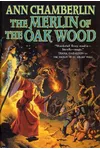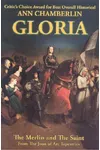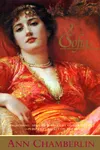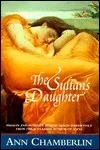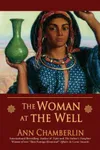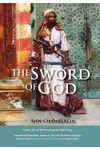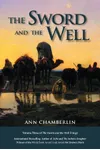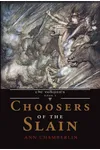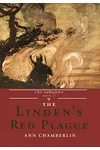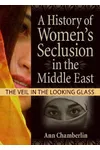Picture a storyteller who whisked readers to the vibrant courts of the Ottoman Empire, blending history with feminist flair—meet Ann Chamberlin! This American novelist and playwright, born in Salt Lake City, has captivated audiences with her richly detailed historical fiction, particularly her acclaimed Ottoman Trilogy. With a knack for weaving Middle Eastern culture into gripping narratives, Chamberlin’s work transports you across centuries.
Her journey from an archaeology dig in Israel to international bestseller lists is as fascinating as her stories. Let’s dive into the life and legacy of this remarkable author, whose pen has painted empires and empowered women through the ages.
The Making of Ann Chamberlin
Born on March 28, 1954, in Salt Lake City, Ann Chamberlin grew up in a Mormon family with pioneer roots, spending chunks of her childhood in Europe due to her father’s role as a visiting mathematics professor. Her eclectic education—dabbling in theater, history, and English—led her to a BS in Anthropology and Archaeology of the Middle East from the University of Utah. A pivotal moment came during a summer excavating Beersheva in Israel, where an encounter with a powerful Islamic matriarch sparked her lifelong fascination with Middle Eastern culture.
This experience fueled her writing career, blending rigorous research with a feminist lens. Chamberlin’s multilingual prowess, including studies in Hebrew, Arabic, and ancient Akkadian, enriched her ability to craft authentic historical worlds, setting the stage for her literary success.
Ann Chamberlin’s Unforgettable Stories
Chamberlin’s Ottoman Trilogy—Sofia (1996), The Sultan’s Daughter (1997), and The Reign of the Favored Women (1998)—is her crowning achievement, topping Turkish bestseller lists for over a year after its 2000 translation. Sofia follows a Venetian noblewoman kidnapped into the Sultan’s harem, showcasing women wielding power within seclusion. The Sultan’s Daughter continues with Giorgio, a eunuch guarding his mistress, while The Reign of the Favored Women delves into the harem’s intricate politics, blending romance and intrigue.
Beyond the trilogy, Chamberlin’s The Merlin of St. Gilles’ Well (1999) kicks off her Joan of Arc Tapestries series, merging historical fantasy with Merlin’s prophecies and pagan undertones. Her biblical retellings, like Leaving Eden (2000), narrated by Adam’s daughter Na’amah, offer fresh feminist perspectives. Chamberlin’s plays, notably JIHAD (1996), which won the Off-Off Broadway Review’s Best New Play, explore cultural tensions with bold storytelling.
Her style is vivid and immersive, grounded in meticulous research and a feminist ethos that challenges patriarchal norms. Whether depicting Ottoman harems or medieval Europe, Chamberlin crafts complex characters and lush settings that resonate with readers seeking both adventure and insight.
Why Ann Chamberlin Matters
Ann Chamberlin’s impact lies in her ability to humanize history’s overlooked voices, particularly women in Middle Eastern and biblical contexts. Her Ottoman Trilogy not only enthralled Turkish readers but also reshaped perceptions of harem life, emphasizing female agency. Her nonfiction work, A History of Women’s Seclusion in the Middle East, further cements her as a scholar-storyteller who bridges cultures.
Her plays, performed from New York to Bogotá, amplify her global influence, tackling themes of peace and cultural dialogue. Chamberlin’s legacy endures through her vibrant narratives and her role on the Historical Novel Society’s board, inspiring new generations of historical fiction enthusiasts.
About Ann Chamberlin
- Birth Date: March 28, 1954, Salt Lake City, Utah
- Key Works: Ottoman Trilogy, Joan of Arc Tapestries, JIHAD
- Awards: JIHAD won Best New Off-Off Broadway Play (1996)
- Hobbies: Gardening, cooking, folk dancing
Snag Sofia and dive into Ann Chamberlin’s spellbinding historical fiction! Her tales of empires and empowerment are perfect for anyone craving a journey through time.

